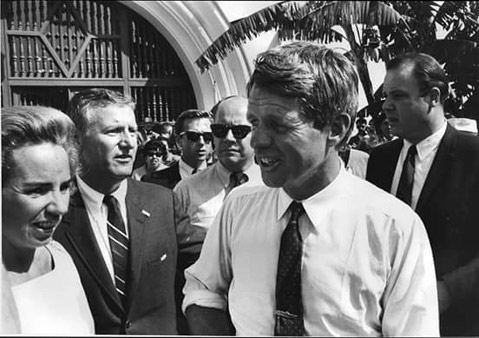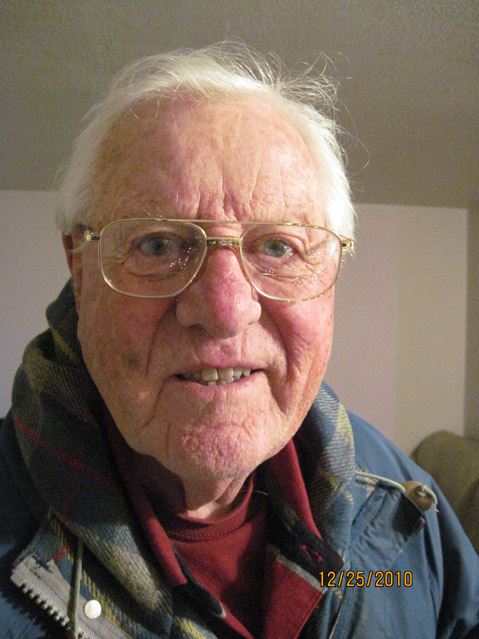Stanley Schwartz Dies

A founder of Santa Barbara’s Legal Aid Foundation and one of the attorneys to wrest economic damages from Union Oil after the 1969 spill, Stanley Schwartz died on January 30 at his home in Grass Valley. Schwartz graduated from UCSB’s Riviera campus in 1947, where he met his wife, Shirley, and from Hastings College of the Law in 1952. Active in the Democratic Party, Schwartz was tapped by the State Bar in the 1950s to chair its legal aid committee. In a memoir Schwartz wrote for Legal Aid’s 50th anniversary in 2009, he recalled that “a large number of our community were being treated horribly by landlords, had domestic problems,” and he thought help, “not a fancy court trial,” could be a matter of a phone call from someone who knew the ropes. He also wrote, “Lawyers say: We do pro bono work all the time and I say crap.”

Legal Aid in Santa Barbara succeeded because Stan Schwartz fought for it and also because he devised an effective funding system. Instead of looking to outside sources, he came up with the “heretical” idea that the attorneys themselves would be assessed annually based on their years of practice. It worked so well that bar associations around the country contacted them to find out how to do the same. Tom Storke donated a storefront on the 700 block of State Street, Schwartz wrote, Louis Renga was their first hire and Della Ulmer their secretary; otherwise, the attorneys were volunteers, as many are today.
The January 1969 oil spill presented a new kind of disaster for motel and hotel owners dependent on tourism, Schwartz recalled. It took four years to achieve a settlement based on a loss of profits in the years after the spill. Even though there had been no physical damage to his 31 clients’ properties, “the oil spill shut down Santa Barbara as a tourist town,” he related.
He was proud that he could choose his cases and felt that his real treasure was his wife of 59 years, and his home life: They had four children and eight grandchildren. “I never missed a meal,” he wrote.



